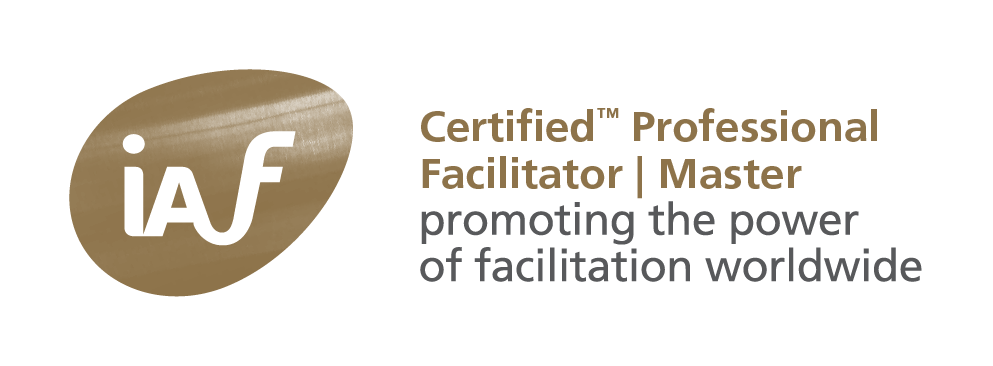This is how I see we’re working, the inherent paradox of Communicating (watch the verb!), Speaking (as Smith and Berg call it) or, as I like to this call, “Expressing“. The paradox unfolds in four interrelated paradoxes: authority, dependency, creativity and courage. These four relate both to your self as well as to the group. For instance, in order to communicate,
1. you accept your own authority as well as get authorization from your group;
2. you’re dependent on them, as well as on your self;
3. you express a content, which is both new and “destructs” something else;
and 4. you need to courage to express your own fears, which are also the fears of the group: “that of not being heard”.
You can check these, just before you’re going to speak out. You have to stand up, at least sit up or bend over; You’ll check, with the chair as well as with the group; You have to formulate a message, which you hope will be understood and you must take a deep breath. Please observe, that this paradox emerges or arises from the same situation it tries to “solve”: communicating. In communicating, we create common (hence “commun..”) understanding through relationships. The substance of its content, serves a a vehicle. The substance of its meaning, is derived from the associations.
We usually feel a group as something bigger, more powerful than me. A group is something we’re depending on, which nurtures us (don’t forget, mother and group are derive from the same archetypical force). A group should be united, have one opinion, one voice, and doesn’t seem to appreciate an individual opinion. It treats “another” voice as – lets exaggerate – treason. And finally, face it, a group is a many-headed monster, looking back at you with your own fears and anxieties.
If you understand this, I’m sure you do, you’ll understand the position and role of facilitative leadership.
– We take on temporarily the authority of the leader (also know as client or principal),
– we create a safe environment,
– we use creative and inventive methods (the methods is the means) and
– encourage you to speak out.
When you’re working as a facilitative leader, it is not about conveying your message to the people, to the group, (also know as “telling”) but to extract from the group or people the message they want or need to express (we can call this “cocreating”). Let us find our common voice to actions we desire.




